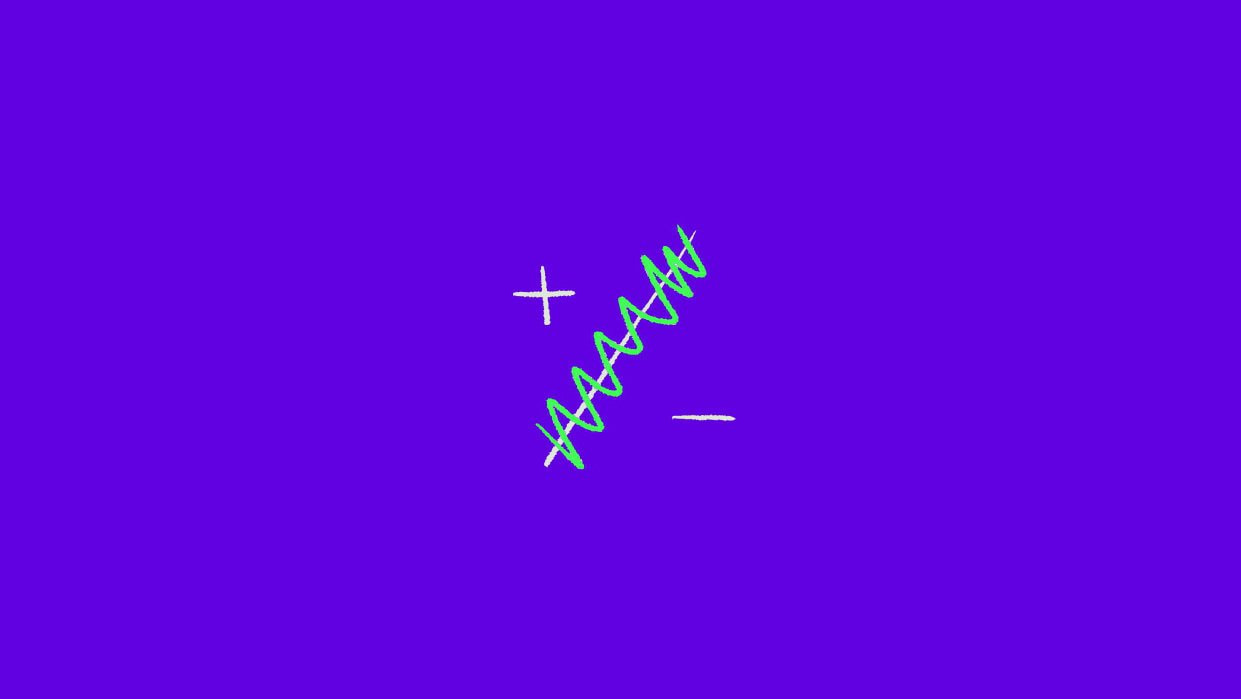As the world is rapidly changing, not everyone has had enough time to grasp the new rules of interacting with each other. Should we use feminitives or not? How has the image of the Other evolved, and what does it mean to have privilege in 2020? Garage invites its audiences to tackle these and other issues as part of the discussion cycle The New Ethics, Stigma, and Inequality.
The world around us repeatedly tests the strength of our relationships with ourselves, society, and the phenomena inherent in it, literally spurring on the feeling of change and global shifts in what we call the norm. Increasingly, we hear about the problematization of existing social relations, the split into “us” and “others,” “correct” and “unacceptable”. The idea of justice is coming to the foreground, actualizing such notions as “social inequality,” “visibility” and “representation,” “stigma” and “taboo.”
Garages suggests getting to grips with the changing realities. People who have already experienced the “new ethics” include activists, employees of non-profit organizations, people with disabilities, journalists, feminists, people with different skin colors, comedians, and other categories: the discourse will revolve around their experience.
This discussion cycle creates a safe speaking opportunity, encouraging participants to engage in a dialogue instead of providing common answers. The implementation of the cycle is informed by the 2nd Garage Triennial of Contemporary Russian Art A Beautiful Night for All the People, the central theme of which is “Relationships,” while its program is initiated by the staff of the Museum’s Education and Inclusive Programs departments. The New Ethics, Stigma, and Inequality offers yet another opportunity to discuss the peculiarities of relationships in modern-day society.
Discussions within the cycle will take place twice a month from September to the end of December 2020, with a total of eight sessions scheduled. The schedule of themes is published in advance for the entire program, with participants of the discussions due to be announced no later than two weeks before the event.

